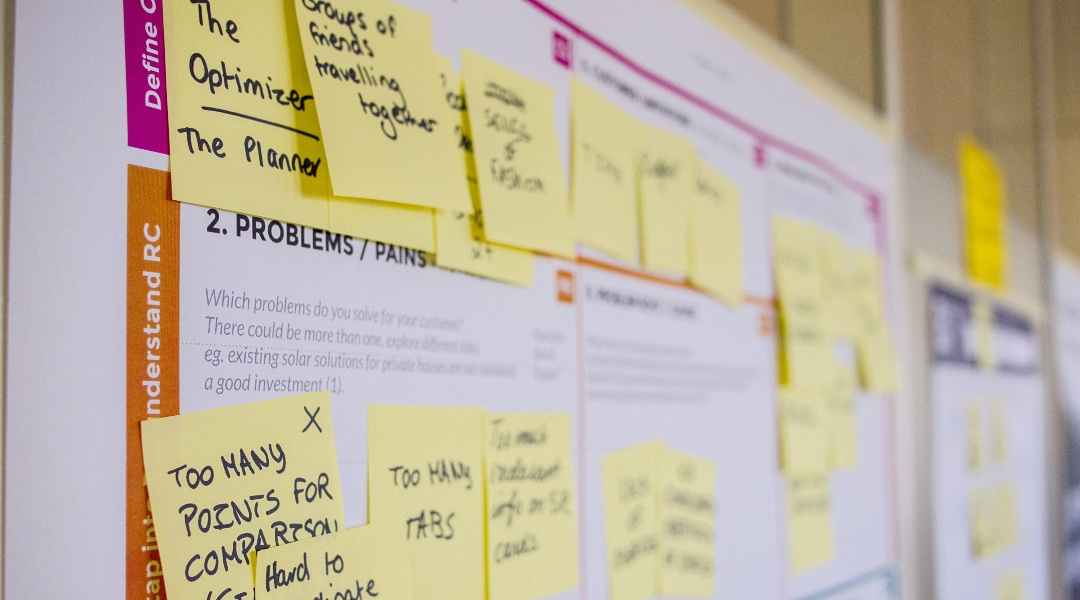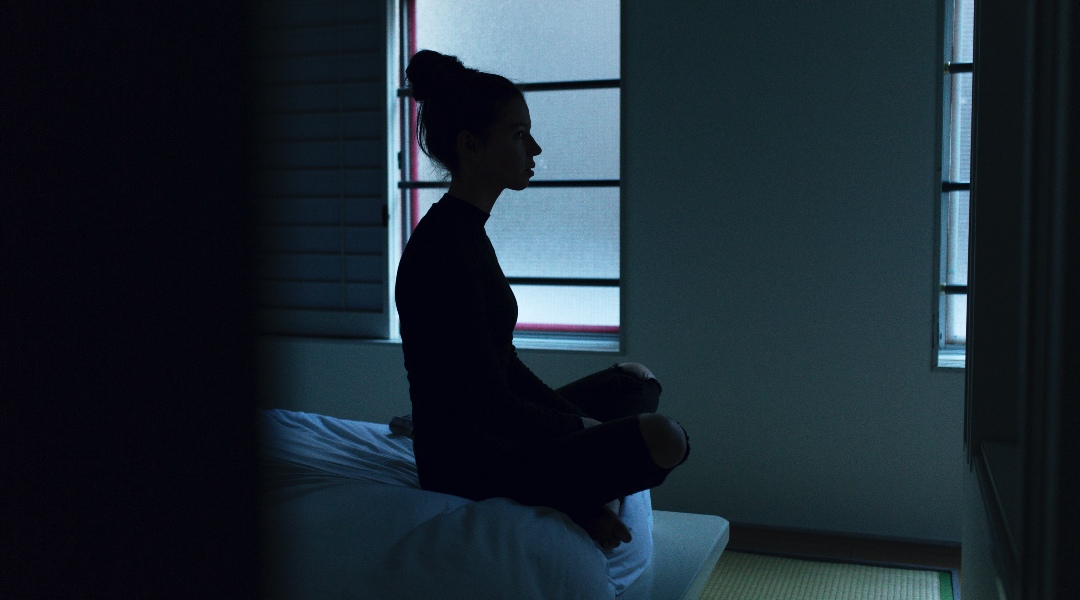A clinical psychologist shares how to identify the signs of burnout and how you should approach help for mental health concerns.
Over the pandemic, concerns surrounding mental health persist as our way of living is greatly affected. “There are two issues here,” says Karina Fernandez, a Clinical Psychologist and Ateneo Bulatao Center executive director. “One is vulnerability… in terms of our own physiological safety.” COVID-19 is no longer a sickness people watch on TV, but an actual threat looming close to home, and the fear of contracting the virus grows.
“The second issue is uncertainty,” continues Fernandez. Hoarding became a problem when the first lockdown was imposed as people were panicking. “Human beings crave predictability. Even if it’s bad, at least when we have a template that sort of help [to] have an idea of what’s going to happen, we have an idea of how to respond, the psychologist explains.
These issues of vulnerability and uncertainty gave way to additional mental health problems like anxiety, depression, stress, and burnout. In 2020, self-harm incidents in the country rose to 3,529 cases, significantly higher than 2,808 deaths in the previous year.
While these are concerning, Fernandez notes that people are beginning to see the value of mental health, self-care, and self-compassion more. “Maybe until this happened, people didn’t know, [didn’t] notice what was happening to them internally,” she says.
ALSO READ: Home Care: What You Should Do When A Household Member Is COVID-19 Positive

What to look out for
Now that mental wellness has turned into a priority, how would one know if it is time to seek professional help? Fernandez explains the factors, such as our emotions, can overlap. “[It] might manifest in different ways… you watch out if there are already changes in terms of the person’s life and productivity.”
Drastic changes to our daily routine—students taking online classes at home or employees doing remote work—naturally affect productivity. The pandemic’s impact can cause sadness, anxiety, or depression. These intense emotions can lead to chronic fatigue and burnout.
As an example, Fernandez cites, could be an above average college student that suddenly stops submitting school requirements. It can also be an employee who, all of a sudden, doesn’t show up on Zoom meetings or sends work documents.

The psychologist also highlights being wary of changes in behavior. “They don’t eat dinner now [or have] meals with their families. Things that used to interest them, let’s say, a bunch of friends [hanging out] or a Netflix night… [but they become] withdrawn,” she elaborates. “[There is] loss of interest in activities that used to interest them.”
Hobbies that serve as coping mechanisms such as painting, tending to plants, playing sports, connecting with people, seem to no longer help these affected people. Behavioral changes can also manifest in sleeping or appetite patterns: lack of engagement in these necessities or the reversal, form excessive habits.
Lastly, Fernandez explains, is the person’s cognitive performance and behavior. “Their thinking patterns are already getting problematic: pessimism, problems with concentration, problems with decision making, [and] problems with problem-solving.”
ALSO READ: Wellness Check: 6 Clinics And Centers In Metro Manila To Take Care Of Your Mental Health

Choosing professional help
When the symptoms clearly manifest, the next step identifying whether you need basic counseling or long-term treatment with a therapist. “That’s a collaborative decision by the practitioner and the individual,” Fernandez says. It is determined based on the needs of the client and how these can be addressed.
Before selecting a counselor or psychologist to speak with, research should be done. You should know the background or credentials of the professional. After all, it is essential to build trust and confidence in talking about personal issues.
There are several clinics and health centers offering different types of help for mental health concerns. It can range from cognitive-behavioral, narrative therapy, to mindfulness interventions and more.

You should also take note not to be automatically bound to a certain psychologist or therapist. “[Clients] want to feel that they’re in a place where the therapist or practitioner validates their experience and respects their thoughts and views. The client feels that he or she can process for emotions and feel that he or she will not be judged,” Fernandez underscores.
Consider all these factors before deciding to commit to a medical professional. If you don’t feel comfortable or your needs are not met, then it is perfectly acceptable to switch to another practitioner or clinic. You are the priority.





